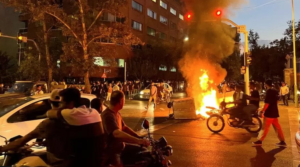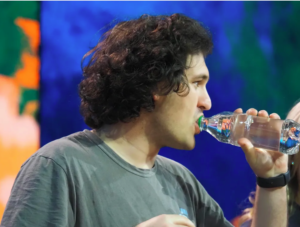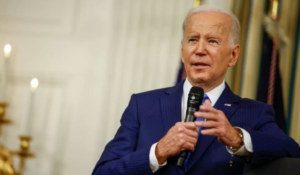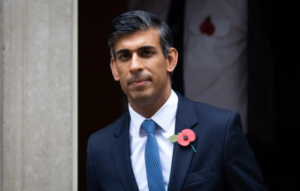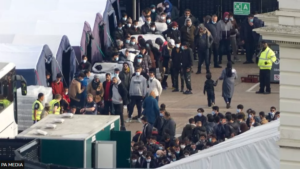Una Marson – The story of the BBC’s first black producer
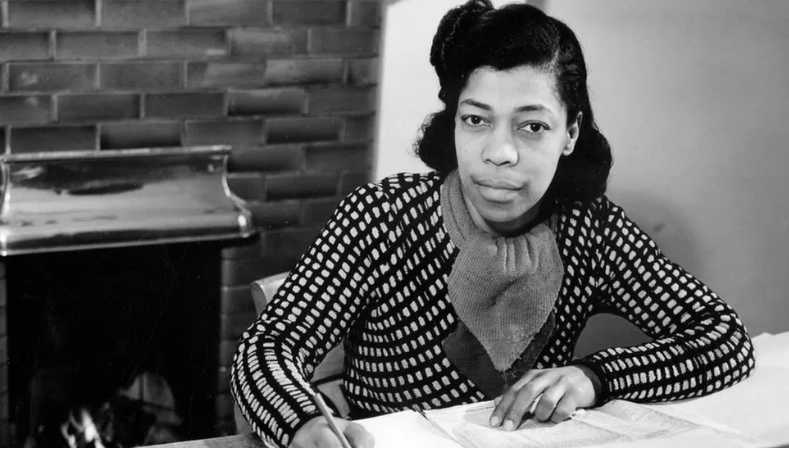
black producer
Una Marson became the BBC’s first black radio producer and presenter in the 1940s, she brought Caribbean voices and culture to a global audience, but her name is now little known. Sir Lenny Henry explains why he is reviving Marson’s story.
When I think of Una Marson, I think of a trailblazer – a pioneer who connected the Caribbean to the world through her radio programmes. But most people don’t even know who she was, let alone anything about her work at the BBC.
It would take many, many hours to uncover her story but my production company, Douglas Road Productions, makes a valiant attempt to tell it in a new documentary.
We mix rare archive of Una from the 1940s with reflections from historians and writers, and actress Seroca Davis skilfully brings this remarkable woman to life.
Born in 1905 in rural Jamaica, Una was the daughter of a Baptist preacher. She had a middle-class upbringing, learned to type and attended a boarding school. From an early age, she had drive, ambition and the smarts to go far. By 1926, she was assistant editor of a political magazine, the Jamaica Critic. Two years later, she had started her own magazine, The Cosmopolitan, aimed at a young, politically-aware Jamaican audience.
Read Also – Liz Truss – I’ll lead Tories into next election
In the years that followed, she wrote Tropic Reveries, a collection of poems challenging traditional notions of womanhood, and At What Price, a play about a mixed-raced relationship that would later be staged in London’s West End.
By the time she came to London in 1932 to find new opportunities for her writing, Una was a force to be reckoned with. But she found herself in the midst of the colour bar that blocked non-whites from entry into certain jobs and restricted their access to housing and social and cultural life.
In her poem, Little Brown Girl, Una spoke about her isolation in “a white, white city” at that time.
“You speak good English little brown girl, how is it you speak English as though it belonged to you?”, she wrote.
Not one to stand back and do nothing, Una got involved in political activism in the UK. She shared a house with Dr Harold Moody, the founder of civil-rights organisation The League of Coloured Peoples.
Though its name sounds like a Marvel movie franchise waiting to happen, the League had a serious objective – eliminating the colour bar. As its assistant secretary, Una organised receptions, meetings, trips and concerts. The fight against racism inspired her, made her tough and gave her a manifesto for a career.
Source – https://www.bbc.co.uk/

